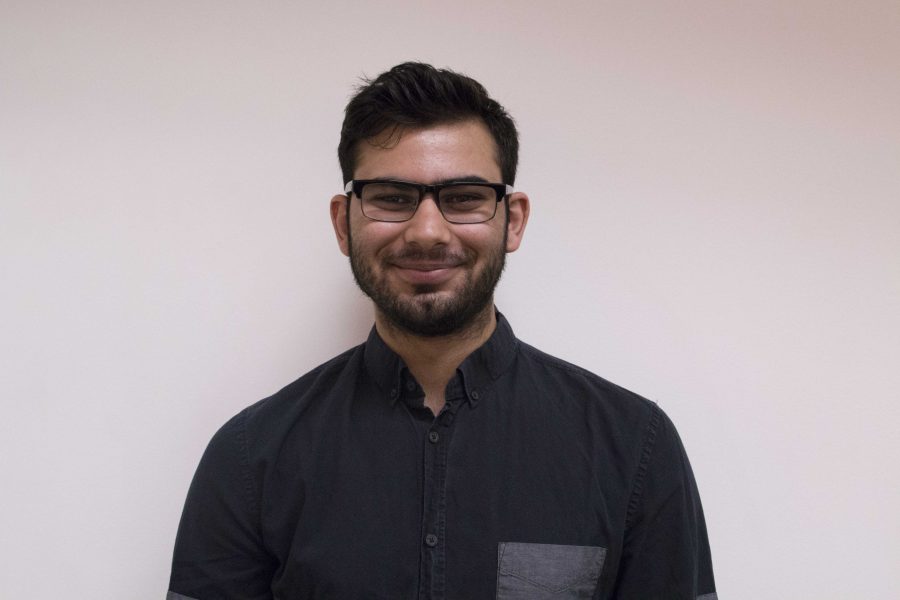Discussions of Intersectionality Are Lacking In Sports
September 14, 2016
Twenty years before Colin Kaepernick’s protest of the national anthem ignited a conversation about racial injustice and patriotism, NBA player Mahmoud Abdul-Rauf sparked a similar controversy by sitting during the anthem as a protest in defense of Islam. Both Kaepernick and Abdul-Rauf have equated the U.S. flag with a history of tyranny and oppression. What was initially intended as a personal clearing of conscience for Abdul-Rauf turned into a public fiasco, while Kaepernick’s protest was purposefully public. Abdul-Rauf, who protested the same anthem in a similar fashion, was blacklisted from the NBA while Kaepernick saw his jersey sales soar. Even though the method of protest was similar, Abdul-Rauf’s affiliation with Islam had added another dimension of controversy that prevented his message from spreading.
The riot theory suggests that the level of radicalization in an individual required to join a movement decreases as the movement increases in size. In the ‘90s, it was largely uncharacteristic for athletes to be political, to avoid the financial pitfalls of polarization. Michael Jordan recently broke his silence with an open statement decrying racial injustice and a $2 million dollar donation to organizations designed to tackle racial injustice as social justice movements have become more mainstream.
Therefore, as popular opinion becomes more progressive with movements such as Black Lives Matter, athletes can express themselves more freely without threatening the success of their brand. Kaepernick will face no punishment from the NFL and has retained all of his endorsements. In contrast, Abdul-Rauf was “rioting” in isolation, suggesting higher levels of relative radicalness. So it comes as no surprise that Abdul-Rauf was condemned by the media, while Kaepernick kindled inspiration and anger in equal measure.
Religion adds a new level of abstraction to an already unpalatable discussion about racial tension. Even pre-9/11, Muslims were categorically viewed negatively by Americans. While Kaepernick was acting in a broad societal context, Abdul-Rauf’s protest was deeply personal. He acted without vocal contemporaries or a popular movement like Kaepernick did. Abdul-Rauf’s Islamic faith made it more difficult for the general public to digest his core message, thus inhibiting the growth of the discussion. But the reach of a protest should not be its only marker for success.
Abdul-Rauf, to this day, says he does not regret his actions. In standing steadfastly by his Islamic faith, Abdul-Rauf rubbed many the wrong way — even his teammates wished he was still Chris Jackson, “that Baptist boy from Mississippi.” As political polarization increases, it becomes more important that we empathize. Abdul-Rauf’s legacy as a lone individual rather than an inspiring role-model serves as a reminder of the difficulties of achieving intersectionality.
Opinions expressed on the editorial pages are not necessarily those of WSN, and our publication of opinions is not an endorsement of them.
Email Manas Malik at [email protected].


























































































































































